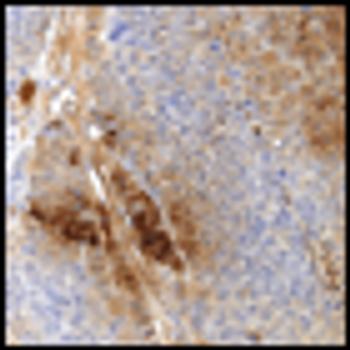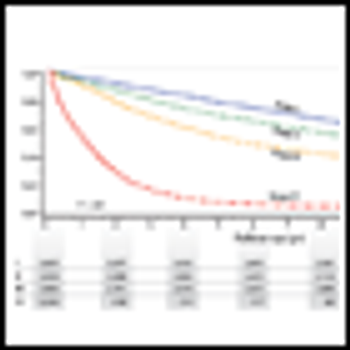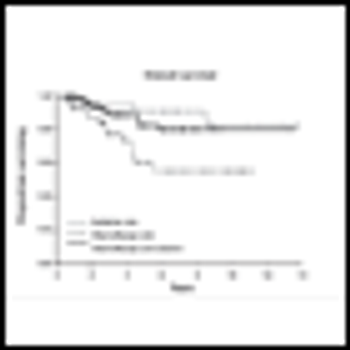
All of us treating patients with melanoma must educate our patients about the importance of participating in clinical trials with these new agents so that we can systematically validate the benefits and risks of these agents in prospectively defined patient settings.








